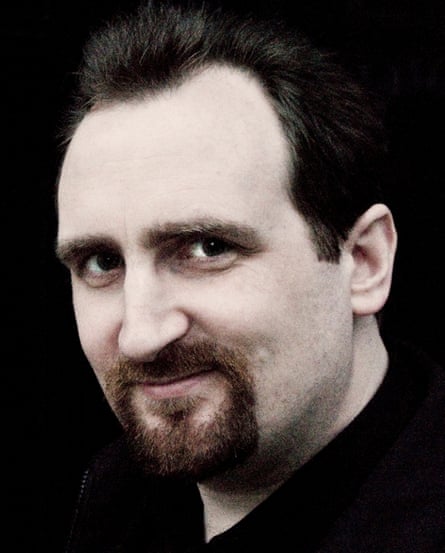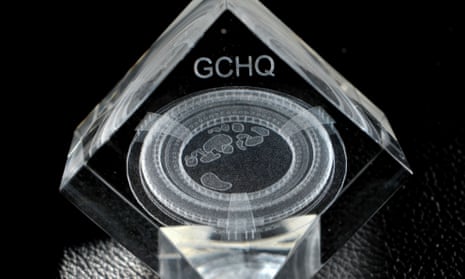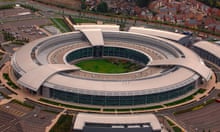Thirty thousand people made it through to the final stage of GCHQ’s Christmas card challenge, 550 submitted answers and six were considered complete. But in the end, only three people proved to be almost a match for Britain’s finest cryptographers.
While no one got all the possible answers correct, three men came the closest to fully solving the series of challenges set by GCHQ director Robert Hannigan in his Christmas card.
The compendium of word and number puzzles took a team of eight GCHQ cryptographers two months to compile and included subjects as diverse as knowledge of phonetics, semaphore, French, snooker and The Lord of the Rings. The cryptographers chose the three winners based on the quality of their reasoning.
GCHQ admitted on Thursday that one of the questions contained an accidental misprint, making it even trickier.
The three winners will receive a GCHQ paperweight and a copy of the biography of Bletchley Park codebreaker Alan Turing, signed with a personal message from Hannigan, as well as “major bragging rights”.
David McBryan, 41, originally from Dublin but now living in Edinburgh, was one of the winners. He described it as “a very well-constructed set of puzzles” that were enjoyable but tough.
“I thought I had solved it, but a news report came out a few days ago saying nobody had … so I went back and had another look and figured out what I missed, but I was too late at that point. But it seems that everyone else missed it as well and I was joint closest,” he said.

McBryan, a former winner of the TV game show Fifteen to One who now writes questions for the show, studied maths and artificial intelligence at university. He said “logical rigorous thinking” was needed to be a good puzzle-solver, but that experience was key: “The more you do the better you’ll get at it.”
GCHQ denied that the puzzle was a recruitment ploy, but said the winners were welcome to apply for jobs.
One of the cryptographers said the team initially feared the challenge would be too difficult. “We really didn’t know whether it would be half a dozen people having a go so it was really difficult to judge how hard to make it,” he said.
“In fact when tens of thousands, maybe hundreds of thousands of people were actually looking at it we were really surprised.”
The first stage was a grid-shading exercise which, when completed, revealed a scannable QR code to direct people to the next part. They then had to work out URLs and IP addresses through solving a series of clues until they reached the final stage.
McBryan said: “Once you got through there’s no confirmation whether you’re on the right track or whether you got the right set of answers and that’s one of the most frustrating aspects of it. So you need to be fairly obsessive to keep plugging away at it and trying different things.
“For a long time after I got all the solutions I was still looking for more because you’ve got no idea if you’ve got it all.”
The full solution can be viewed on the GCHQ website [pdf].










Comments (…)
Sign in or create your Guardian account to join the discussion